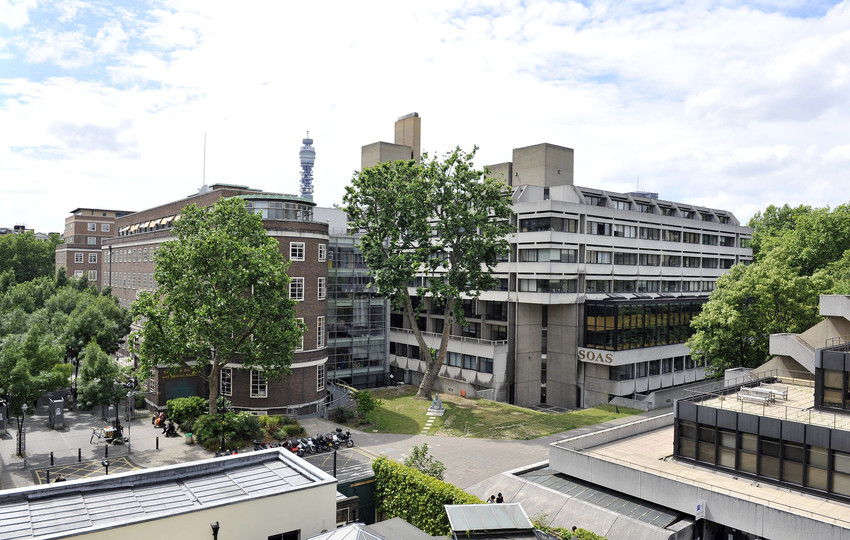The Philips Building by Denys Lasdun – home of SOAS Library
This week, Andy Davies talks about the distinctive home of the world-renowned SOAS Library and explains why the building should be given greater recognition. Denys Lasdun (1914-2001) was in the vanguard of modern British architecture. A product of the Architectural Association, his talents grew under Wells Coates and at Tecton in the 1930s. Perhaps most celebrated for his Royal College of Physicians (completed in 1964), his University of East Anglia

